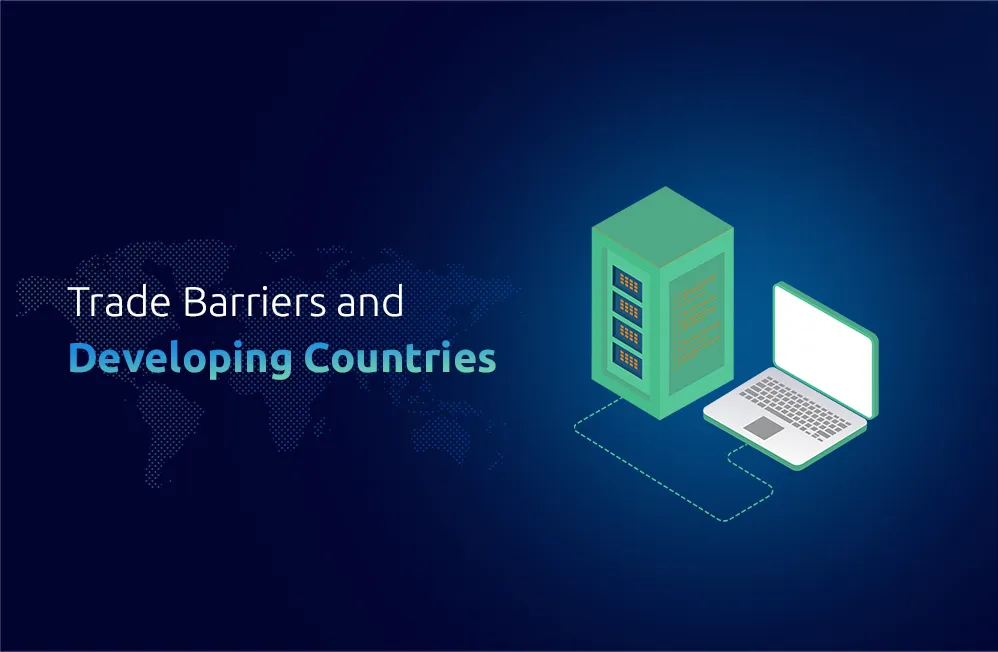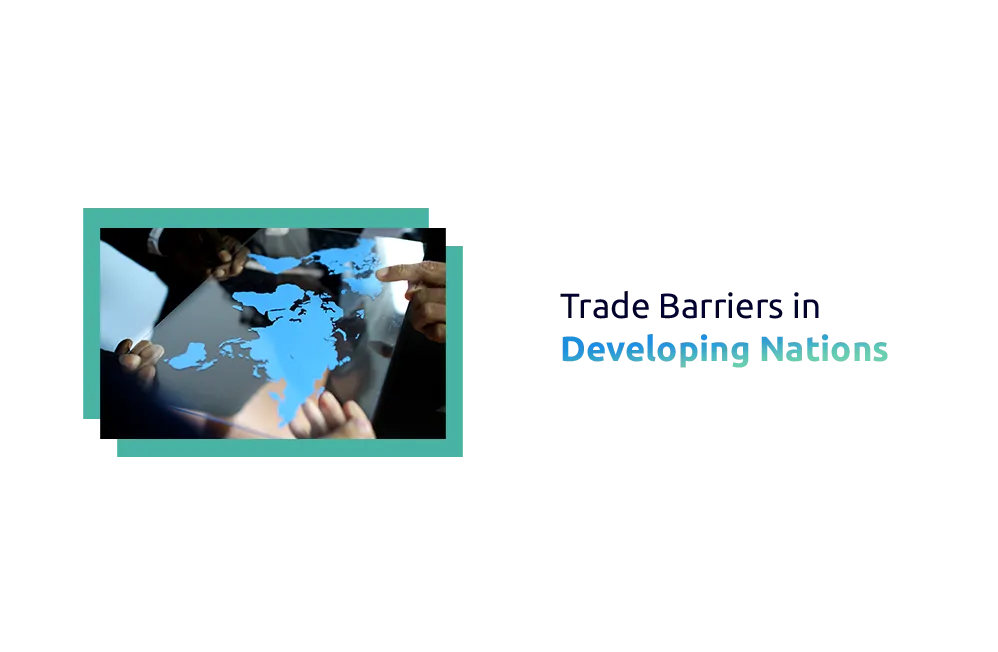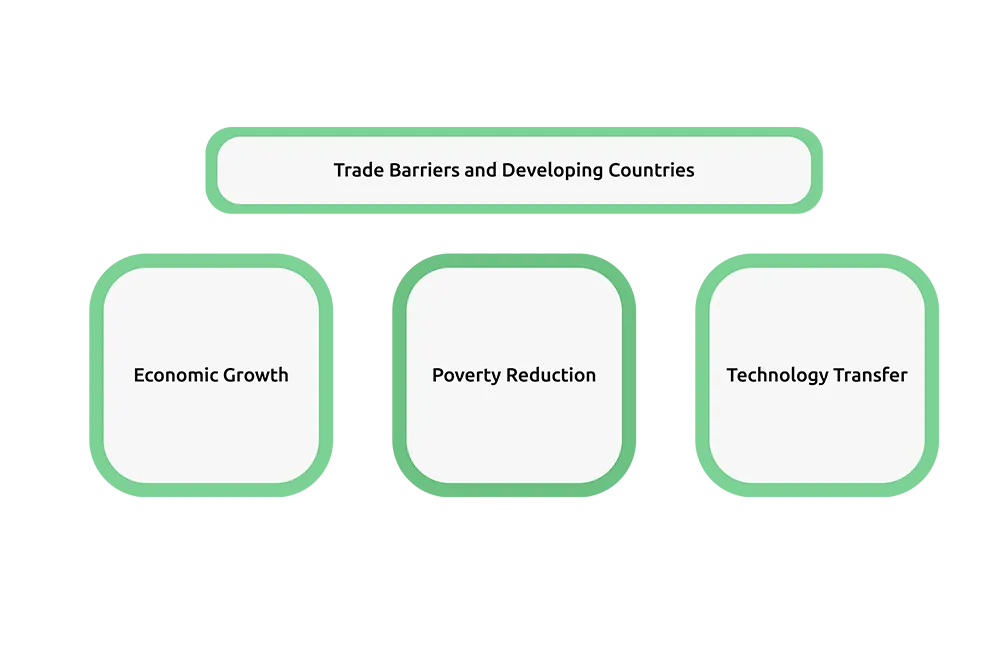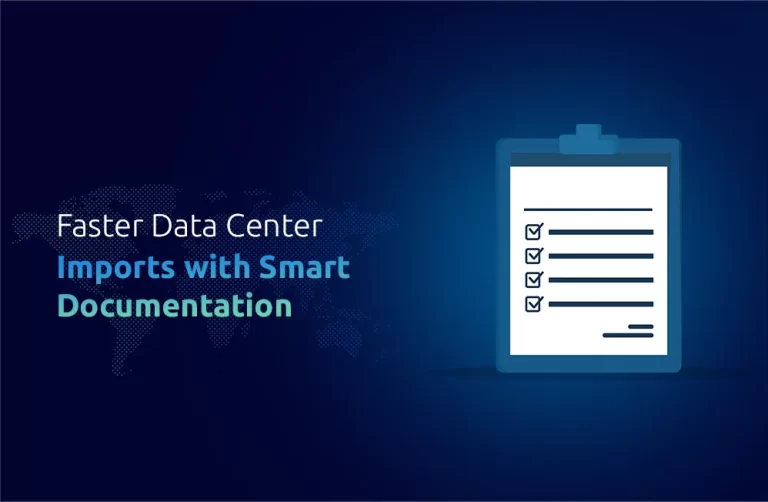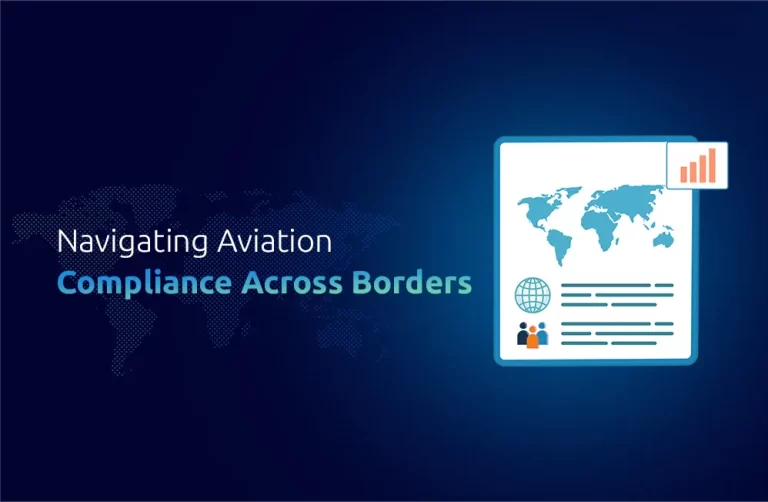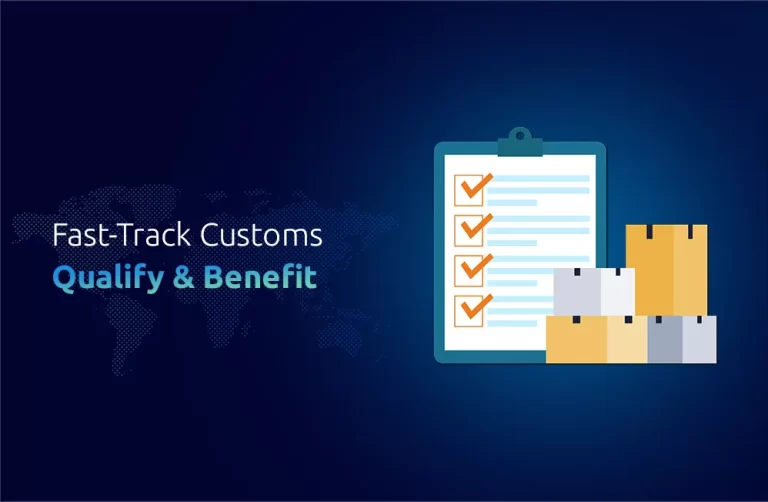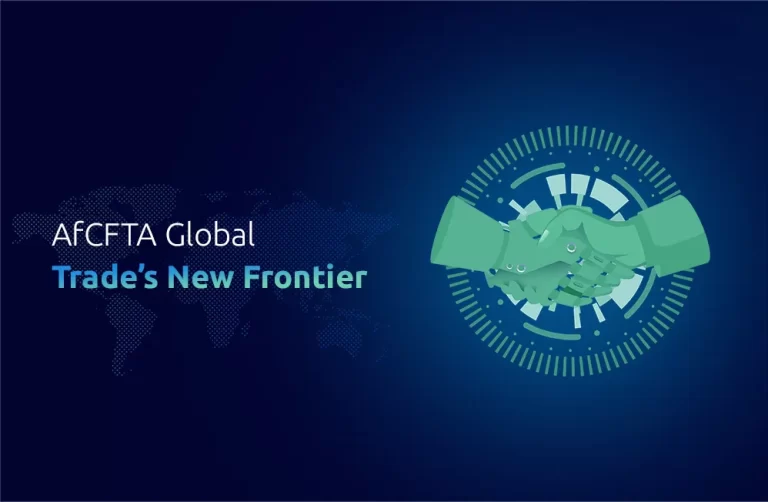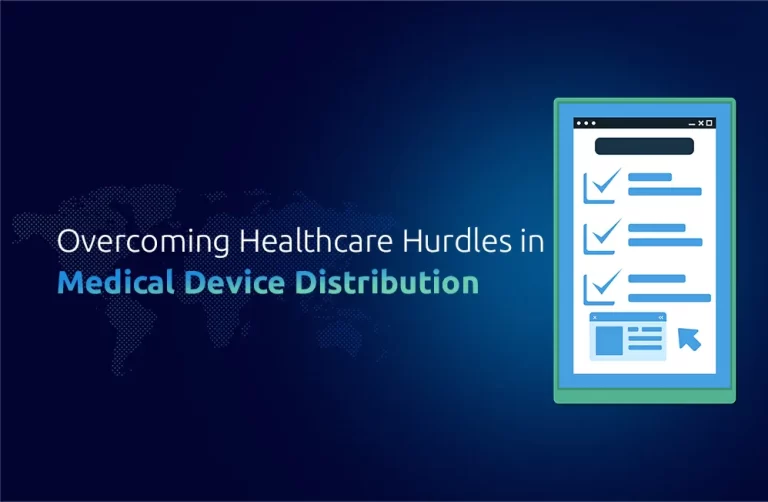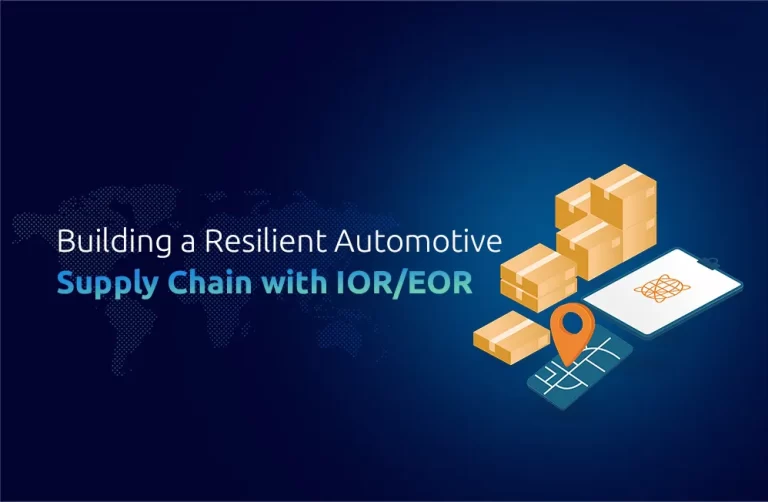Introduction
Trade barriers are a significant challenge for businesses operating in industries such as aviation, healthcare, IT, and automotive equipment, especially in developing countries. These barriers, including tariffs, quotas, and non-tariff measures, complicate international trade and increase operational costs. Navigating these obstacles is essential for ensuring seamless exports and maintaining competitiveness in global markets. Exporter of Record (EOR) services have emerged as a strategic solution, enabling businesses to overcome these challenges by managing compliance, logistics, and documentation efficiently.
Trade Challenges and Solutions for Key Industries and Countries
Trade barriers vary widely across industries and countries, but their impact is particularly pronounced in sectors like aviation, healthcare, IT, and automotive equipment. In aviation, delays caused by regulatory hurdles can disrupt critical maintenance schedules. For healthcare equipment, stringent safety and compliance requirements often result in lengthy customs processes. The IT and automotive sectors face challenges related to tariffs on high-value goods, increasing costs and limiting market access.
Countries with developing economies frequently encounter these issues due to limited resources, inadequate infrastructure, and a lack of expertise in navigating complex international trade regulations. Strategic solutions such as partnering with EOR providers or investing in digital logistics platforms can help streamline these processes, ensuring timely and compliant exports.
Generic Data for Key Countries
Global trade data highlights the impact of trade barriers on developing countries. For instance, according to the World Trade Organization (WTO), African nations face an average tariff of 8.7% on exported goods, significantly higher than developed economies. In South Asia, non-tariff barriers, such as complex certification requirements, contribute to delays in sectors like healthcare and IT.
Developing countries that have embraced trade facilitation measures, such as Mauritius with its advanced port infrastructure, have seen significant improvements in export efficiency. According to UNCTAD, simplifying customs procedures can reduce trade costs by up to 14% in these regions, making global trade more accessible for key industries.
The Role of Key Cities in Facilitating Trade
Key cities play an instrumental role in driving exports and overcoming trade barriers. Urban centers such as Port Louis in Mauritius, Hyderabad in India, and Lagos in Nigeria are critical trade hubs, offering infrastructure and logistical support for industries like aviation, IT, and healthcare.
Port Louis, for example, is home to a modern port facility that handles a significant portion of Africa’s exports. Hyderabad’s growing technology park supports IT equipment exports, while Lagos serves as a vital gateway for automotive and healthcare equipment in West Africa. These cities exemplify how investing in urban trade infrastructure can enhance global connectivity and reduce the challenges posed by trade barriers.
How Trade Barriers Impact Key Industries
Trade barriers have a profound impact on high-value industries, creating logistical, financial, and operational challenges. In aviation, high tariffs and strict safety regulations can delay the export of critical equipment, affecting airline operations. The healthcare sector faces non-tariff barriers such as extensive testing and certification processes, which can delay life-saving equipment from reaching its destination.
For IT and data center equipment, non-compliance with environmental standards or documentation errors can lead to shipment rejections or penalties. The automotive industry, heavily reliant on precision manufacturing and timely deliveries, suffers from delays caused by quotas and high customs duties. These challenges emphasize the need for strategic solutions to streamline the export process and maintain business continuity.
Exporter of Record Services: A Strategic Solution
Exporter of Record (EOR) services provide an effective way to navigate trade barriers for businesses in aviation, healthcare, IT, and automotive equipment. EOR providers take on the responsibility of ensuring compliance with international trade laws, managing customs documentation, and overseeing the secure transportation of goods.
For example, in the healthcare sector, EOR services handle complex regulatory requirements for medical devices, ensuring that they meet safety standards. In the aviation industry, EOR providers streamline the export of sensitive equipment by managing detailed paperwork and ensuring timely delivery. For IT and automotive equipment, EOR services mitigate risks by ensuring accurate tariff classifications and adherence to international standards.
By outsourcing these responsibilities to an EOR provider, businesses can focus on growth and innovation, reducing the risk of delays, penalties, and additional costs.
Building Resilience in Trade
Developing countries can build resilience against trade barriers by investing in infrastructure, embracing technology, and forming strategic partnerships. Cities like Port Louis and Hyderabad demonstrate the value of creating robust logistics networks and trade-friendly policies. Digital tools, such as blockchain for supply chain management and AI for customs optimization, can further streamline processes and enhance compliance.
To address the difficulties of international commerce businesses must accept strategic measures focused on how to overcome trade barriers and build long-term resilience. Investing in advanced digital tools, including AI-driven customs clearance and blockchain-based supply chains that give advanced solutions to problems of international trade by improving transparency and reducing manual errors. Afterward, forming partnerships with experienced Exporter of Record service providers like One Union Solutions allows businesses to navigate compliance challenges efficiently. For developing countries, public-private collaborations and infrastructure investments give a practical roadmap on how to reduce trade barriers, creating a more streamlined and accessible global trade environment.
Government and private sector collaborations also play a critical role in mitigating trade challenges. Initiatives such as trade facilitation agreements and capacity-building programs can equip businesses with the tools and knowledge needed to thrive in global markets.
Conclusion
Trade barriers continue to present significant challenges for developing countries, particularly in industries reliant on specialized equipment. However, with the right strategies and support, businesses can overcome these obstacles and unlock new growth opportunities. Exporter of Record services offers a proven solution, ensuring compliance, reducing risks, and facilitating seamless exports. For companies navigating the complexities of international trade, One Union Solutions provides the expertise and reliability needed to succeed in today’s dynamic global market.
Did You Know?
According to the World Bank, simplifying trade processes through technology and policy reforms can increase exports by up to 15% in developing countries, significantly boosting economic growth.
FAQs
Q: What are trade barriers?
Ans: Trade barriers are restrictions like tariffs and regulations that impact international trade.
Q: How do trade barriers affect industries?
Ans: They increase costs, delay shipments, and complicate compliance for sectors like IT, aviation, and healthcare.
Q: What is the role of EOR services?
Ans: EOR services manage compliance, documentation, and logistics, ensuring smooth exports.
Q: Which cities are key trade hubs?
Ans: Cities like Port Louis, Hyderabad, and Lagos drive exports with advanced infrastructure and logistics.
Q: Why is overcoming trade barriers important?
Ans: Reducing trade barriers enhances competitiveness, boosts exports, and supports economic growth.

